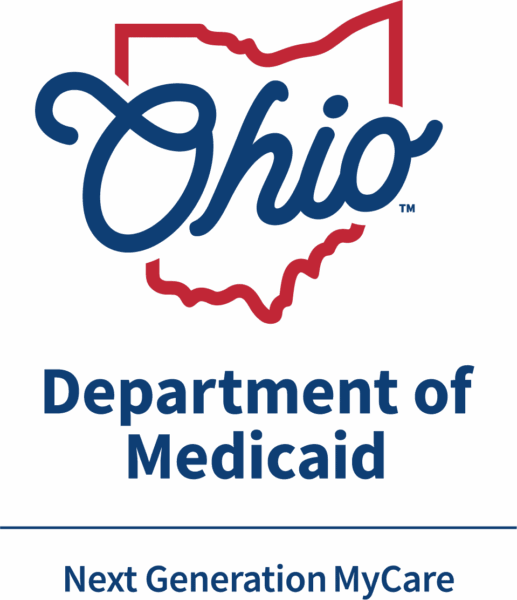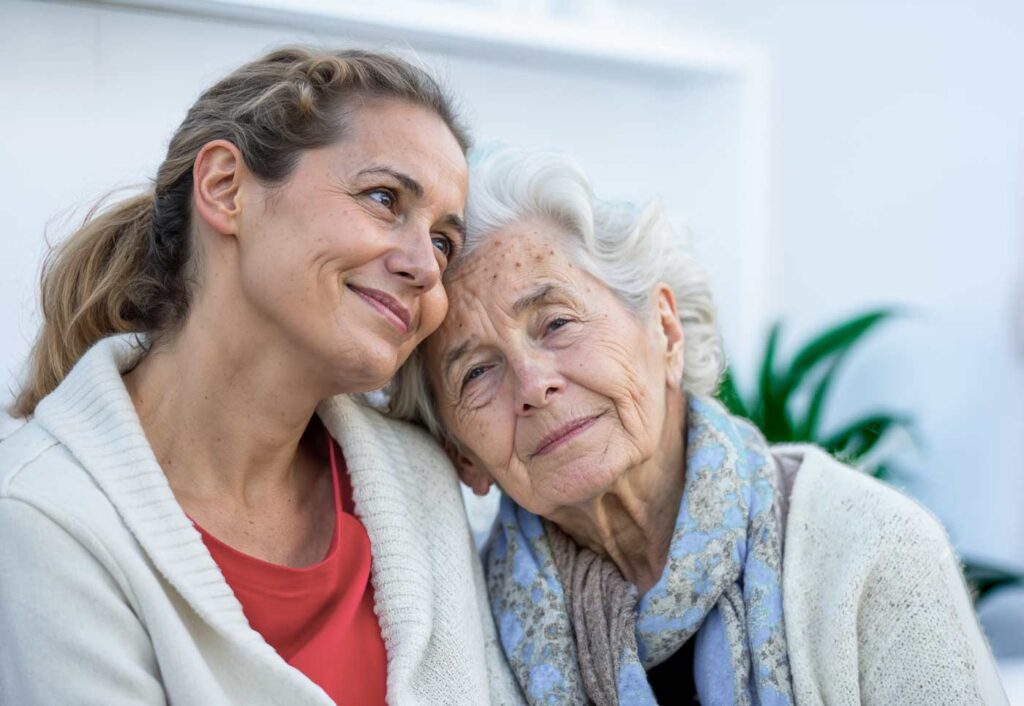What Is a CDPAP Caregiver?
CDPAP is short for Consumer Directed Personal Assistance Program. This Medicaid program provides services to chronically ill or disabled individuals who need help with daily living activities. It allows beneficiaries to choose a family member or a friend to act as a caregiver.
A CDPAP caregiver assists a patient with activities of daily living such as personal hygiene, meal preparation, light housework, and transportation, in addition to providing skilled nursing services. The patient is responsible for hiring, training, and supervising the caregiver.
Why Would Someone Need a CDPAP Caregiver?
The CDPAP program allows people who are not able to live on their own to receive care at home instead of having to move to an assisted living facility. What’s more, they can get personalized care and medical, physical, and emotional support from someone they know and trust.
The elderly, chronically ill, and disabled individuals typically need a caregiver if they:
- Can’t care for themselves
- Require help with activities of daily living
- Need companionship.
CDPAP offers a host of benefits compared to traditional home care health services, for example:
- The program allows beneficiaries to choose their own caregiver.
- The patient’s loved ones can provide care and get paid for it.
- With a family member or friend acting as a caregiver, beneficiaries can receive better care at home and need fewer hospital visits.
- Patients determine caregiver services and schedules. They can also terminate the contract whenever they wish.
- The caregiver doesn’t need to have any special licensing or certification.
- Since CDPAP is a Medicaid program, the service is free for beneficiaries.
Can a Parent Who Takes Care of Their Autistic Child Qualify as a CDPAP Caregiver?
A parent can qualify as a full-time paid CDPAP caregiver for a child with disabilities only if the child is 21 and older. Parents of children younger than 21 are not allowed to act as CDPAP caregivers. They are legally responsible for the child and as such can’t be caregivers under the CDPAP program.
If your child with autism is under the age of 21, you can designate a grandparent or another relative as a CDPAP caregiver or hire a personal assistant. You can make decisions about the required qualifications, screening process, as well as scheduling help and training the caregiver.
Here’s how to proceed if you’re interested in becoming a CDPAP caregiver for your child with autism.
The Process of a Parent Becoming the CDPAP Caregiver of Their Autistic Child
To benefit from CDPAP, your child must be a resident of the state of New York and have Medicaid or be eligible to receive it. Here are the steps you need to take in order to apply.
Confirm the type of Medicaid you have
First, you need to know what type of Medicaid your child has:
- Managed Care Medicaid requires parents to go through private insurance companies to coordinate CDPAP care.
- Regular Medicaid allows you to apply and enroll through the New York State Department of Social Services.
- If your child doesn’t have Medicaid but may be eligible for the program, you can contact your local Medicaid office for more information.
You should keep in mind that Medicare doesn’t cover the CDPAP program. However, anyone who has both Medicaid and Medicare is eligible for CDPAP.
Go through the assessment process
Regardless of their Medicaid plan, all applicants must be assessed for CDPAP care eligibility. Your child will be asked to undergo two different in-home assessments: one from the state and one from the health plan. After that, a registered nurse will decide how many hours of care they can receive. The maximum is 60 hours per week, but overtime pay is available.
Fill out the forms
In order to apply for CDPAP, you need to submit the following forms:
- Physician’s order to confirm that your child is authorized to receive CDPAP services.
- PCP Transfer Form to allow transfer from your child’s current plan to any other type of health care plan.
Both forms must be filled out by a physician who is enrolled in the Medicaid program. The physician will sign the forms and send them to the local department of social services for assessment.
Choose the caregiver
Once your CDPAP application is accepted, you can choose your child’s caregiver.
Find a fiscal intermediary
The CDPAP program requires the use of fiscal intermediaries, private companies contracted by Medicaid. A fiscal intermediary will help you with the administrative aspect of caregiving and process payments. You can find the list of your local fiscal intermediaries here.
Who Can Become a CDPAP Caregiver?
Almost any family member can become a CDPAP caregiver, including siblings, cousins, parents of children older than 21, grandparents, and other relatives.
Caregivers can also be friends, neighbors, an in-home aide who worked for the patient in the past, or anyone else you as a parent feel is the best suited to care for your child at home.
CDPAP beneficiaries are allowed to have more than one caregiver.
Who can’t be a CDPAP caregiver?
The following individuals are not allowed to act as CDPAP caregivers:
- Legal spouse
- Designated representative, and
- A parent or legal guardian of a child under the age of 21.
CDPAP caregiver requirements
As a CDPAP caregiver, you must meet a few simple requirements:
- Be above the age of 18.
- Be a legal resident of the State of New York. Note that the program is offered in all New York counties.
- Complete a standard medical exam that includes drug screening, blood tests, and screening for rubella and rubeola. These tests will ensure that you are physically capable of caring for others and that you don’t have limitations that may impact your ability to act as a caregiver.




